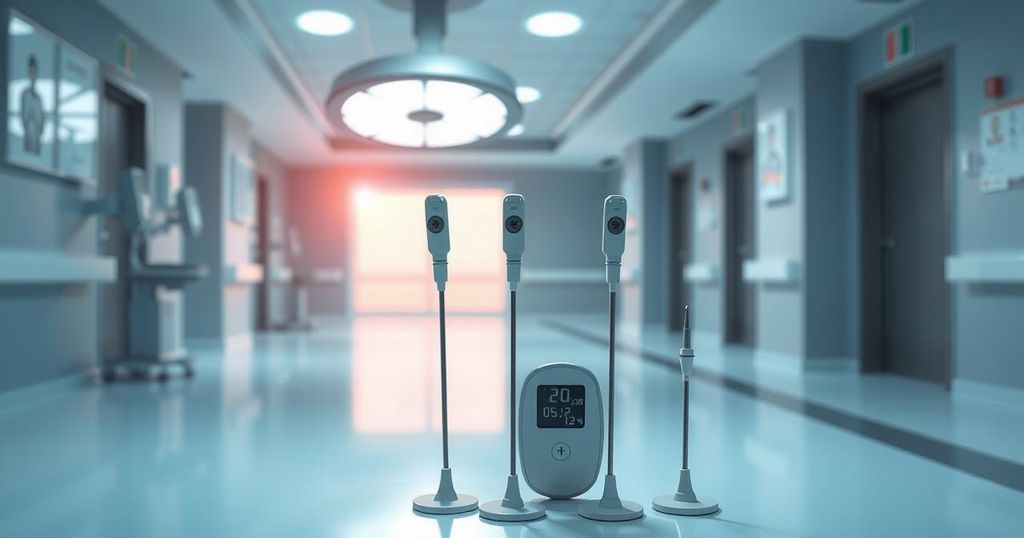First Surgery to Cure Depression Performed in Colombia

- Colombia performs its first deep brain stimulation surgery for depression.
- The procedure aims to help treatment-resistant cases of depression.
- Patient Lorena Rodríguez had battled severe depression for 17 years.
- Surgery involved implanting electrodes to modulate neural connections.
- Deep brain stimulation is reshaping mental health treatment options.
Colombia’s First Deep Brain Stimulation Surgery for Depression
First surgery to tackle depression via deep brain stimulation has made its historic debut in Colombia, recently carried out at the International Hospital of Colombia in Bucaramanga. The groundbreaking procedure, steered by skilled neurosurgeon William Omar Contreras, involved implanting four electrodes into the brain of a brave 34-year-old patient, Lorena Rodríguez, who has been battling severe depression and anxiety for an exhausting 17 years. This surgical intervention is not just about electrodes; it marks a significant step in the realm of mental health treatment in the country.
Understanding the Mechanics of the Surgery
The surgery, which unfolded over six hours, required the patient to be awake. This was crucial as it allowed doctors to monitor the immediate effects of the electrical impulses being delivered. The wires, cleverly linked to a device placed in her chest, operate like a pacemaker, needing regular recharges every three days, with a lifespan of up to 25 years. Each pulse from these electrodes is designed to modulate the very neural connections that are often misfiring in individuals dealing with mood disorders, ultimately aiding those who have not found relief through typical treatments, including medications or therapies.
Mental Health Landscape in Colombia
Rodríguez is a testament to the efficacy of deep brain stimulation. Before her surgery, she had cycled through at least six medications and numerous therapeutic approaches, none of which yielded positive results. Rigorous assessments performed by independent psychiatrists highlighted the dire nature of her case, affirming the procedure’s necessity. Impressively, around 4.7% of Colombians are affected by depression, and a staggering 30% of these cases do not respond to conventional treatments. Compounding the issue is a sharp uptick in anxiety disorders, with a reported 43% increase last year, showcasing a public health crisis that demands innovative solutions.
In conclusion, Colombia’s landmark surgery to treat severe depression through deep brain stimulation opens new avenues for mental health care, especially for patients who have run out of options. While it does not guarantee a cure, it significantly improves patients’ quality of life. As awareness grows, the hope is that this revolutionary procedure will become more widely recognized and accessible to those suffering.








